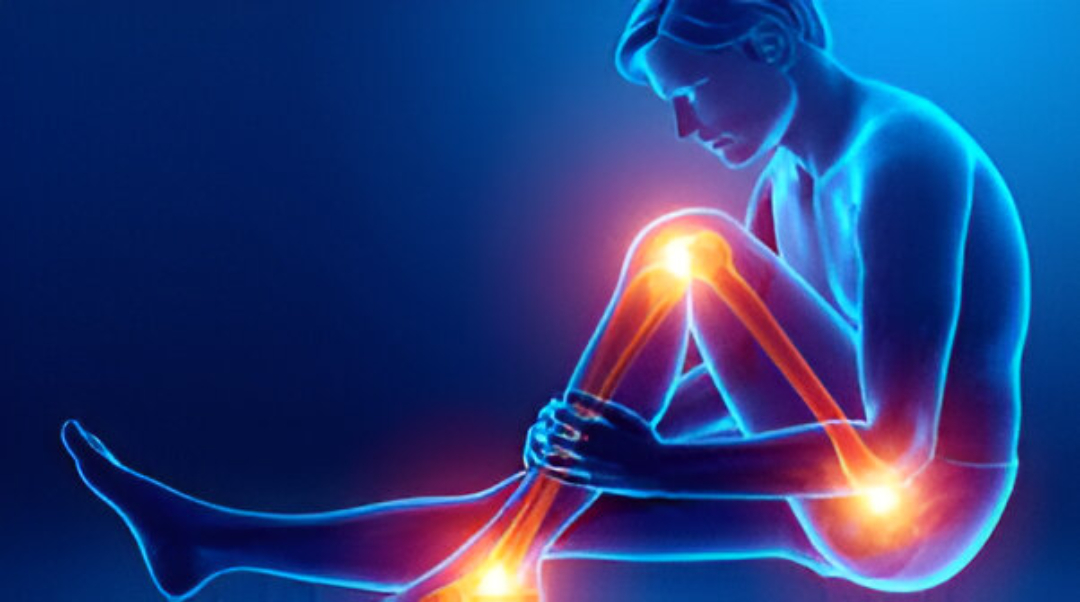- Published Date: 16-07-2025

Joint pain and stiffness are commonly associated with age, injury, or overuse. However, one of the most overlooked factors affecting joint health is hydration. While most people understand the importance of water for energy, digestion, and skin health, few realize its vital role in maintaining strong and flexible joints. For athletes and active individuals, especially those recovering from sports injuries, proper hydration is not just essential for performance but also for long-term joint care.
At Noida Sports Injury Center, we believe in holistic recovery and injury prevention. This article explores the powerful link between hydration and joint health and why staying adequately hydrated can help you move with ease and reduce the risk of future injuries.
Joints are the connections between bones that allow movement and flexibility. Each joint is made up of cartilage, ligaments, tendons, synovial membranes, and synovial fluid. Among these components, synovial fluid plays a key role in lubricating the joint, reducing friction, and cushioning impact during movement.
Synovial fluid is primarily made of water. If the body is dehydrated, the production of this fluid decreases, leading to stiff or painful joints. In the long run, poor hydration may contribute to joint degeneration, inflammation, or an increased risk of injuries during workouts or sports activities.
Cartilage is the smooth, rubbery tissue that covers the ends of bones at joints. It allows bones to glide over each other without causing damage. Cartilage is made up of about 70 to 80 percent water. This water content helps maintain its elasticity and shock-absorbing ability.
When your body lacks water, cartilage loses its ability to hold fluid. It becomes more prone to wear and tear, which can eventually lead to conditions like osteoarthritis. Repetitive impact without enough hydration puts more stress on dry cartilage, increasing the risk of injury.
For athletes and active individuals, maintaining the health of cartilage through proper hydration is just as important as physical training or stretching.
Injury recovery is a demanding process, requiring your body to heal tissues, reduce inflammation, and rebuild strength. Water plays a major role in this process. It helps transport nutrients to damaged tissues and flushes out waste products from inflammation and cellular repair.
At Noida Sports Injury Center, we observe that patients who remain well-hydrated tend to experience better recovery outcomes. Hydration improves muscle flexibility and tissue repair, reduces stiffness, and supports the immune system’s response during healing.
Dehydration, on the other hand, may prolong the recovery timeline and increase discomfort during rehabilitation.
While water is essential, electrolytes such as sodium, potassium, magnesium, and calcium are also important for joint health. These minerals help maintain fluid balance in and around the joints and muscles. An imbalance caused by excessive sweating or lack of replenishment can lead to cramping, stiffness, or inflammation.
For sports enthusiasts and fitness lovers in Noida’s hot and humid climate, it is crucial to restore both water and electrolyte levels, especially after long training sessions or competitive games.
Adding a pinch of rock salt or drinking electrolyte-infused fluids can support rehydration and protect your joints.
Not all signs of dehydration are obvious. Here are a few subtle and physical symptoms that may suggest your joints are not getting enough hydration
If you experience any of these symptoms regularly, increasing your water intake may offer noticeable relief for your joints and muscles.
There is no one-size-fits-all answer when it comes to water intake. However, general guidelines recommend drinking at least eight to ten glasses of water a day. For athletes, fluid needs increase depending on body weight, physical activity, and climate.
A good rule is to drink water before, during, and after physical activity. You can also monitor your urine color. Pale yellow urine is a sign of good hydration, while darker shades indicate a need for more fluids.
Eating water-rich foods like cucumbers, oranges, watermelon, and lettuce can also help contribute to your daily hydration needs.
To protect your joints and support overall recovery, consider the following hydration strategies
At Noida Sports Injury Center, we prioritize not only the treatment of injuries but also education on long-term health and prevention. Our team of physiotherapists and sports medicine experts guide every patient through recovery with a focus on hydration, nutrition, and customized exercise plans.
We have treated athletes across disciplines who have seen measurable improvement in pain levels, joint mobility, and recovery time simply by improving hydration habits. It is a simple change that delivers powerful results.
Hydration is more than just drinking water during workouts. It is a foundational habit that supports joint lubrication, cartilage protection, muscle flexibility, and faster injury recovery. Ignoring hydration can silently harm your joints, especially if you are physically active or recovering from an injury.
Do not wait for joint pain or stiffness to remind you to drink water. Make hydration a daily priority and experience the difference in how your body moves and heals.
For expert advice on injury recovery, joint care, and personalized rehabilitation programs, connect with the team at Noida Sports Injury Center. We are here to help you return to your best performance, pain-free and fully prepared.